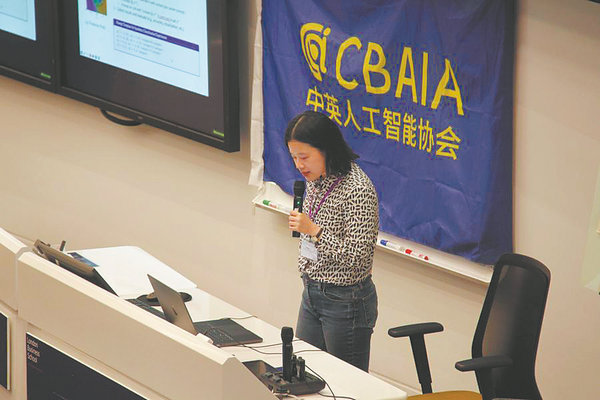

It was a bright autumn afternoon in London. At Imperial College's Huxley Building, home to the Department of Computing, new students filled the corridors while graduates posed for photographs in the courtyard.
Inside a seminar room, associate professor Li Yingzhen led her weekly research meeting. Around the table sat nine PhD students, all men. The only woman in the room was their supervisor. "I have one female PhD student," Li says, "but she's not currently in London". It was a quiet reminder of how male-dominated the field of computer science remains.
Li's journey to this room began far from London. She majored in mathematics as an undergraduate in China, but by her second year, she realized her true passion lay not in abstract proofs, but in data. Summer schools and data science competitions paved the way for her to attend the University of Cambridge for a PhD in machine learning.
Her research focused on probabilistic machine learning, which models how data is generated. "Imagine asking an algorithm to draw a cat," she explains. "You only say the word 'cat', but the model must fill in the unseen details — that's where probability comes in."